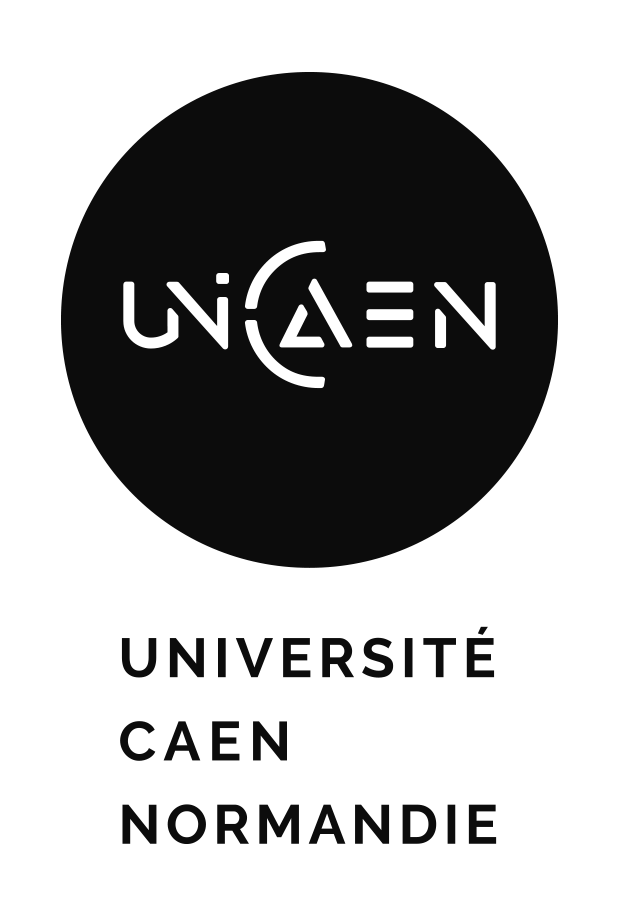
The ISTCT unit "Imaging and Therapeutic Strategies for Cancers and Cerebral Tissues", UMR6030 is a joint
research unit of the CNRS and the University of Caen-Normandy (UNICAEN) housed at GIP CYCERON in Caen.
ISTCT brings together around fifty people, including researchers/teacher-researchers, clinicians,
technicians/engineers and students from different backgrounds, promoting the development of fundamental,
preclinical and clinical research. ISTCT's research activities aim to better understand the pathophysiology of
hypoxic tumors (brain-lung) and identify new therapeutic strategies targeting the tumor and its
microenvironment but also to protect the surrounding healthy tissue from anti-cancer treatments such as
radiotherapy.
The research program proposed to the post-doctoral fellowship is part of a project funded by the INCA (Brain-
MATRiX 2021-25, coordinated by Drs Bernaudin and Pérès). This project aims to evaluate the interest of a matrix
therapy to reduce brain damage and cognitive deficits induced by radiotherapy with:
- in vitro studies on brain cultures (neurons, glial cells, endothelial cells, inflammatory cells, etc.):
molecular biology and biochemical approaches (monitoring of survival/death parameters, proliferation,
cell migration, etc.)
- in vivo studies in rats: coordination and monitoring of experiments, irradiations, treatments, monitoring
of animal well-being, MRI examinations, behavioural tests, immunohistochemical and biochemical
analyzes from tissue and blood samples
All of these techniques are not only available within the CYCERON platforms in which the unit is hosted and the
US PLATON of the University of Caen, but also mastered by the researchers and engineers of the ISTCT unit.
Skills in cell culture (preferably brain cells) and radiobiology desired. In addition, a skill in physiology/preclinical
experimentation would be appreciated. Part of the work having to be done on brain cells and the brain, a
knowledge of neuroscience is required. Notions of radiobiology will be highly appreciated. On the technical level,
the candidate must have acquired experience in cell culture, and classic techniques of cellular and molecular
biology (nucleic acid extraction, quantitative RT-PCR, immunocyto- or histology, flow cytometry,
viability/cytotoxicity tests).
The candidate must hold a doctorate degree. In addition, the candidate must be able to work in a team on this
multidisciplinary project.
Applications should include a detailed CV; at least two references (persons likely to be contacted); a one-page
cover letter and be addressed to:
Myriam BERNAUDIN & Elodie PERES
only through the CNRS website:
https://emploi.cnrs.fr/Offres/CDD/UMR6030-MYRBER1-003/Default.aspx?lang=EN


 Français (France)
Français (France)  English (United Kingdom)
English (United Kingdom) 
